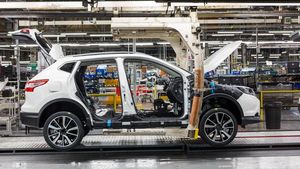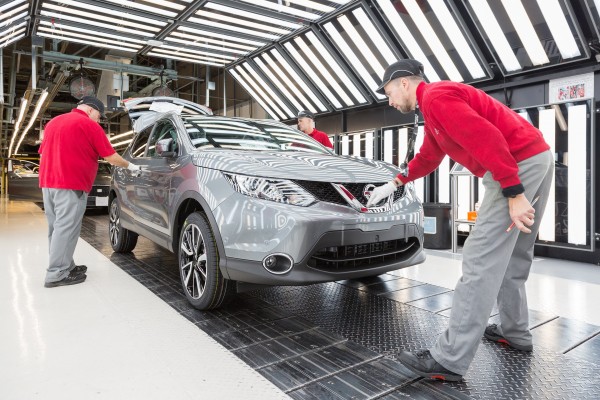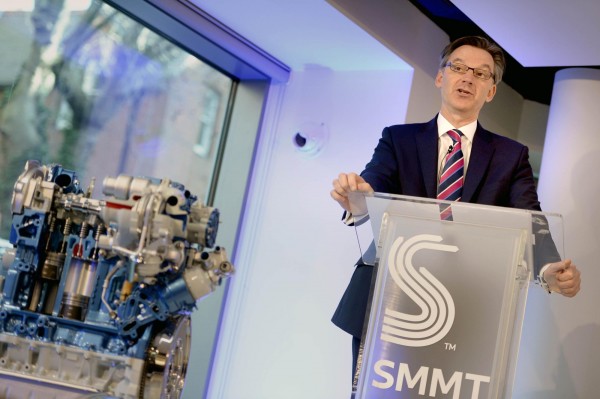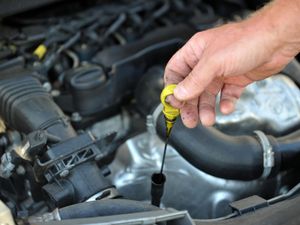Brexit deal must be clear by April if the UK car industry is to remain competitive
Automotive industry body says that details of the Brexit transition period are needed urgently if UK car industry is to avoid losing its competitive edge

A Brexit transition deal must be made clear by April if the UK automotive industry is to continue to stay competitive, claim lobbyists.
The Society of Motor Manufacturers and Traders’ chief executive Mike Hawes said that the deadline for the government to give the industry information about the deal is “now” – otherwise it will have to start taking costly contingency measures.

Speaking ahead of the news that the new car market in the UK was down by 5.6 per cent in 2017, he said: “We need information now. We look at the European Commission and government statements about a possible transition deal and they don’t align. Our members struggle to make decisions on investments when they don’t know what’s ahead.
“If we don’t have clarity by the end of the first quarter, after that the industry will have to start taking contingency measures, such as stockpiling parts and vehicles, which costs money and makes them less competitive.”
Uncertainty in the UK has impacted vehicle sales and car buyers have voted with their feet in 2017, opting to hold onto their existing cars or buy used rather than choosing new. New car registration estimates were reassessed in November after seven months of decline in the market, and today’s figures are even lower than expected.
Hawes noted that although he isn’t aware of Brexit resulting in anyone losing their jobs, “you can’t say it hasn’t cost potential new jobs – production and sales are down, which isn’t good for the industry”.

In October, Vauxhall announced that it was moving workers at its Ellesmere Port factory in Cheshire to a single shift and cutting 400 jobs through a “voluntary separation programme”.
The carmaker – now owned by France’s PSA Groupe, which also makes Peugeots and Citroens – said at the time that the move was not because of Brexit, but was instead to bring costs down in line with its “benchmark” factories in France.
And Hawes used the site as an example of the positive opportunities that could be available after Brexit. He pointed to comments by PSA Groupe boss Carlos Tavares that “there could be advantages to having a factory that uses sterling and is outside the EU in close proximity to Europe”.





